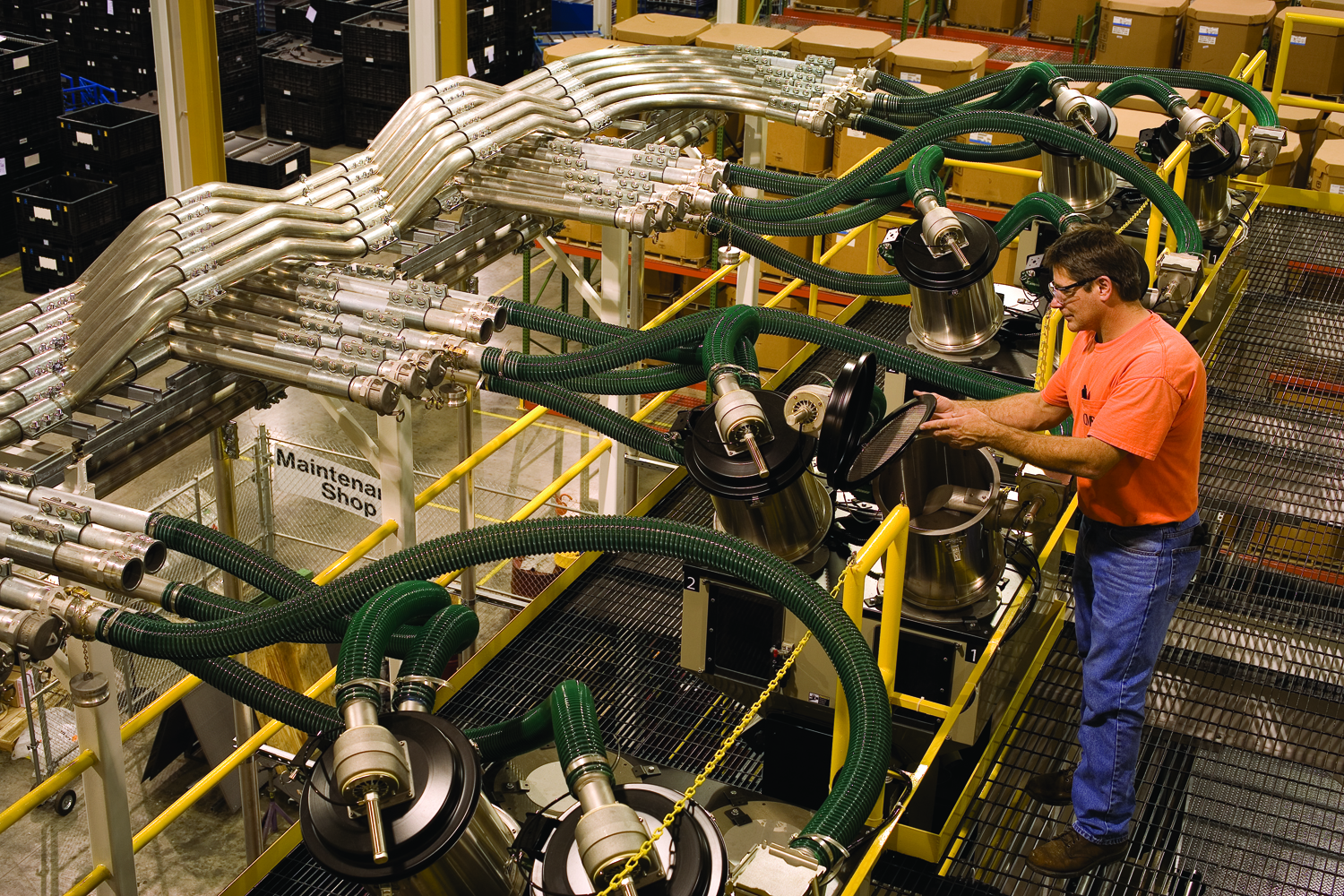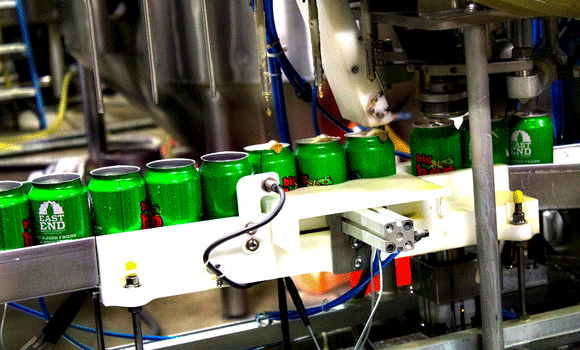The sky was not the limit for three teams of entrepreneurs who gathered on April 12-13 in Pittsburgh as part of the International Space Apps Challenge, a worldwide hackathon sponsored by NASA and intended “to address global needs applicable to both life on Earth and life in space.”
All three Pittsburgh teams will go on to global judging against projects devised in 76 straight hours of hacking that kicked off in Doha, Qatar and ended in Seattle.
Opentree aims to provide a simple and efficient way to measure the height of urban trees, providing useful data to scientists. “Citizen scientists” can photograph trees and upload the images to Flickr. The Opentree website can then calculate the tree size and store the data.
Pimios is a web-based application intended to aggregate data from multiple locations about space events such as lunar eclipses, solar flares, shooting stars, asteroids and even UFO sightings.
Integrex's goal is to create wearable technology capable of monitoring astronaut vitals, including blood pressure, heart rate and temperature.
Richard Behana, one of the Pittsburgh organizers, is an Iraq veteran and serial entrepreneur who, as a child, dreamed of being an astronaut. He recently founded Space Challenges, a nonprofit organization that promotes STEM education through competitions that use space exploration as inspiration. The STEM Lunar Challenge, a related project, will kick off this summer in partnership with Astrobotic Technology, the Pittsburgh company working on a 2015 moon launch.
Behana, working with Nahom Beyene, Kit Mueller and Lee Ngo, organized the Pittsburgh hackathon in only five weeks, and expects it to be the first of many as the Steel City looks to space as its next frontier.
Source: Richard Behana, International Space Apps Challenge
Writer: Elise Vider


